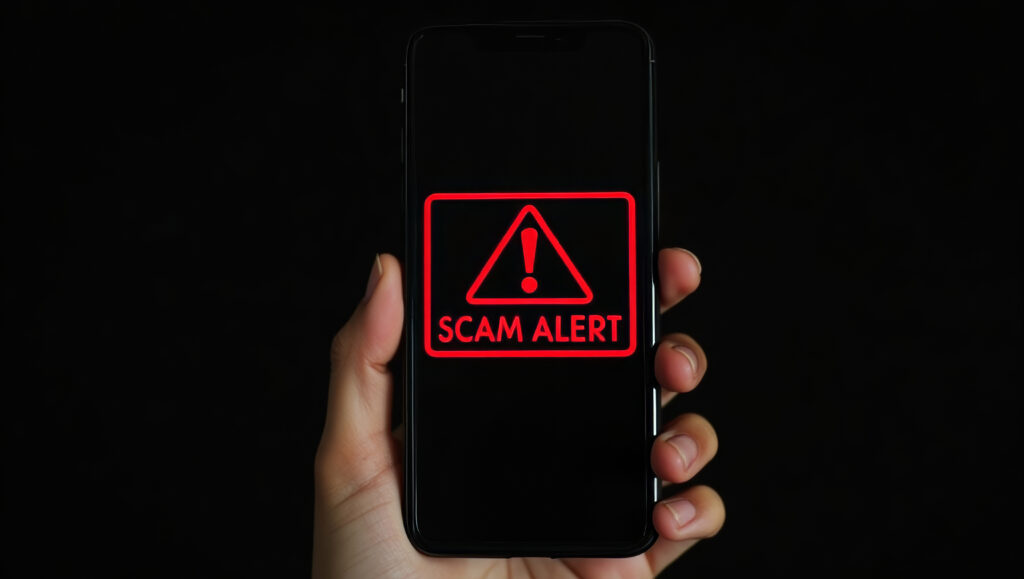
Key Takeaways:
- Scammers sent 90 million fake GROK tokens to a wallet linked to ex-Binance CEO CZ, exploiting the buzz around Elon Musk’s AI chatbot Grok.
- There is no official GROK cryptocurrency, yet fraudsters continue deploying such tokens to mimic legitimacy and deceive investors.
- Over $1 billion was lost to phishing scams in 2024, with impersonation of tech and crypto brands, including Musk-themed schemes, on the rise.
Scammers are once again exploiting the buzz around Elon Musk’s AI chatbot, Grok, by launching fake cryptocurrency tokens.
On April 21, a wallet linked to former Binance CEO Changpeng “CZ” Zhao received 90 million fraudulent Grok (GROK) tokens, flagged as likely scams by blockchain security firm PeckShield.
#PeckShieldAlert #CZ-labeled address has received 90M $GroK pic.twitter.com/PvNhPK5c5G
— PeckShieldAlert (@PeckShieldAlert) April 21, 2025
The firm noted these tokens were distributed to multiple addresses via a multisend function.
Despite growing interest in Grok, hosted on Musk’s X platform, there is no official cryptocurrency associated with it.
This isn’t the first time Grok’s name has been misused.
A similar scam in 2023 involved a bogus ERC-20 Grok token on Ethereum, which crashed over 90% after only 0.5% of the supply was sold.
These scams rely on impersonating high-profile tech figures or platforms to trick investors. Elon Musk-themed frauds are especially common due to his public prominence.
A broader look at phishing trends shows that tech and social media brands are frequently impersonated, though consumer brands remain even more commonly exploited.
In crypto, threats like address poisoning are still prevalent.
In 2024, phishing scams caused over $1 billion in losses across nearly 300 documented incidents, driven by AI hype and a lack of public awareness.

